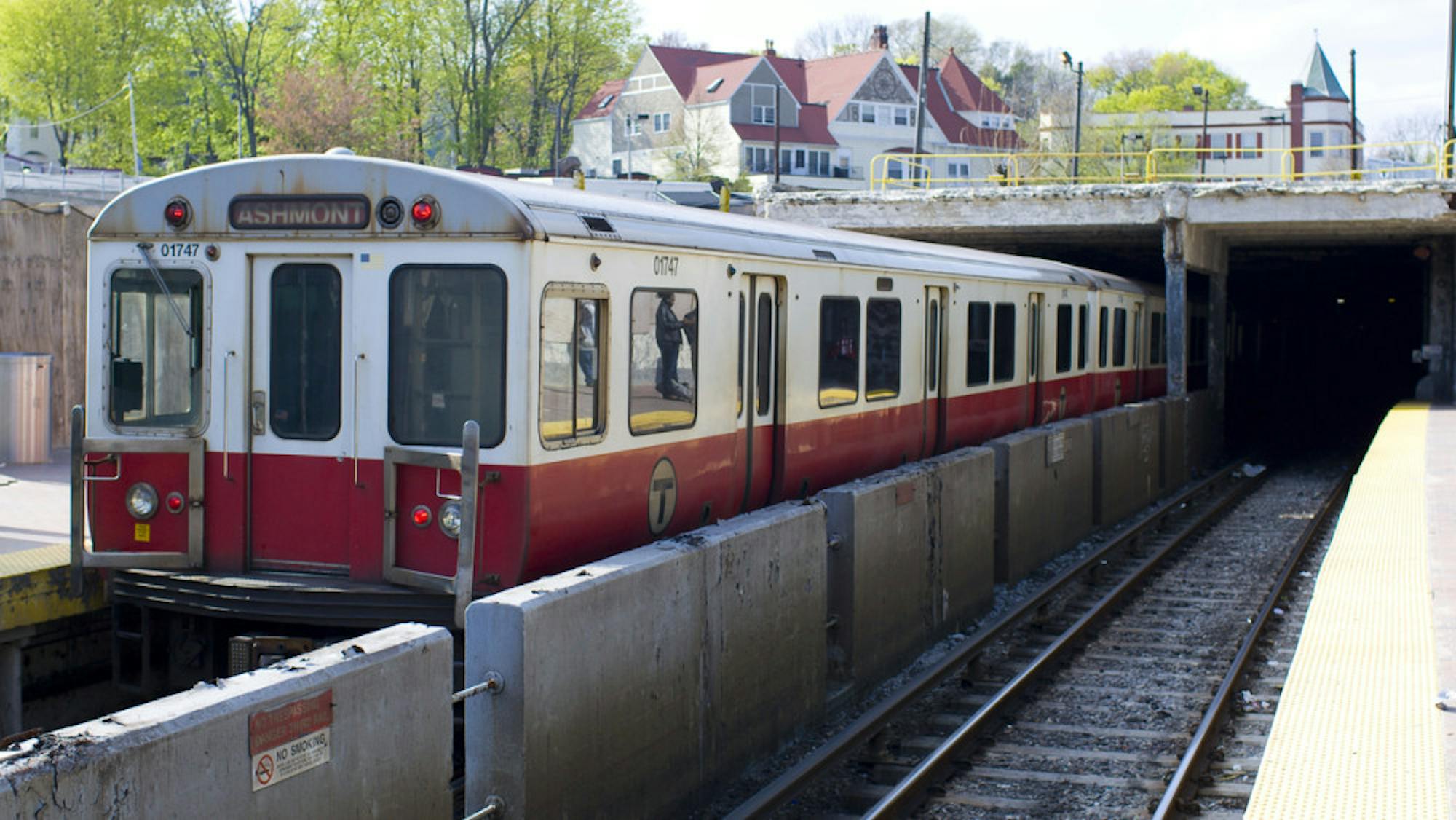The MBTA is halfway through its pilot program for late-night service, which began on March 28, extending service on all subway lines and the 15 most popular bus routes by 90 minutes on Friday and Saturday nights.
This spring, the MBTA will decide whether to permanently extend weekend hours. Budget implications and ridership statistics will hold particular influence in the final decision, MBTA Deputy Press Secretary Kelly Smith said. The program costs about $20 million annually, about eight percent of which is funded through sponsors, she added.
"The more people who ride, the more likely it is to stay,” Smith said. “That’s why we’re encouraging college students to use it. It’s a use it or lose it service.”
The decision to introduce the late-night service originated from citizen interest in more hours of public transportation, according to Smith.
“One of the things that this administration really prides itself on is listening to citizens,” she said. “Late-night service is one of those things that came up again and again. It was a civic dialogue and civic engagement. We were really excited people were taking part in the conversation, and by people I mean everyone from college students to hospital workers to restaurant owners and club owners and bar owners and their employees and also high-tech companies.”
For college students, the extended service has widespread benefits, including more social opportunities outside school campuses, as well as more transportation options that are more affordable than cabs.
“College students are on limited budgets, and they only have so much money to spend," Smith said. "It’s a safety thing as well; it’s preventing people from maybe getting behind the wheel if they’ve been drinking.”
Program Director of the Office of Sustainability Tina Woolston also cited student safety as a benefit to the MBTA late-night service.
“I think it’s great that the MBTA has extended their hours,” Woolston told the Daily in an email. “Now students will be able to take public transit to businesses farther away and still get home safely.”
The extended hours have not led to an increase in disturbances on the subway, which was an initial concern amongst transportation officials, Smith said.
“We’re about halfway through the pilot program, and the number of incidents that have occurred have been low,” she said. “It has not been an extra strain on transit police. We have the same number of officials as we do from 10 p.m. to midnight.”
The program has proven successful thus far, Smith said, citing statistics that show approximately a half million riders took advantage of the late-night service extended hours in the first five months of the program.
"The average is somewhere between 14 and 17 thousand riders a weekend, which is impressive,” Smith said.
Woolston said that she did not know whether Tufts is considering extending the Joey hours to match those of the MBTA.
MBTA late night service showing success






